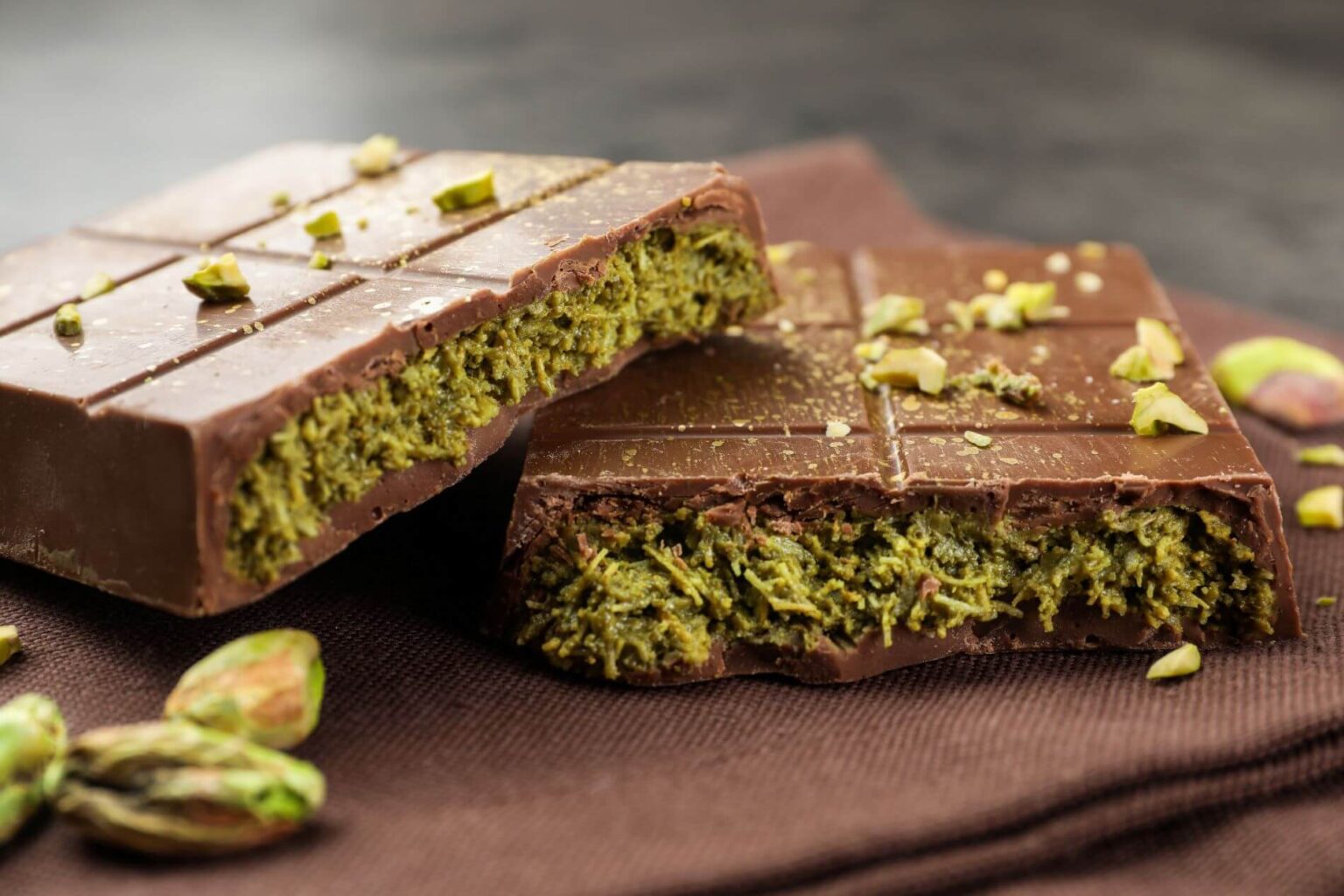Love it or hate it, Dubai chocolate has been taking the internet by storm. The viral sweet treat has been making rounds on social media, particularly on TikTok, attracting consumers worldwide for its unique look and taste.
But while online sellers and dropshipping businesses alike are jumping on the bandwagon to meet the demand, the UK’s Food Standards Agency (FSA) has warned that some products are missing important allergen information, which may put consumers at risk.
This means that online businesses could face a legal and reputational risk if unapproved products are sold, and must take cautionary measures when selling some food items online.
What is Dubai chocolate, and why is everyone talking about it?
Much like the Little Moons hype — one of many brands to gain viral fame on TikTok — the Dubai chocolate craze has seen thousands of consumers eager to try out its exotic flavour.
And while the demand may seem sudden, the origin of this sweet sensation actually goes back to 2021, first being imagined by Sarah Hamouda.
While pregnant at the time, Hamouda had a craving for chocolate, pistachio, tahini and knafen (a traditional Arab dessert) all together. Seeing a business opportunity in her appetite, Hamouda, along with her husband Yezen Alani, developed the chocolate bar together and began selling them through their FIX Dessert Chocolatier business.
A few years on, and consumers around the world have caught on to Hamouda’s tastes. Supermarkets across the UK — including Lidl, Aldi, Marks & Spencer and Home Bargains — now sell various brands of the product.
It scores highly for SEO too. On TikTok, keyword search volume for “dubai chocolate” is at 192,00 and trending by +1,256+.
The demand is so high that the trend has allegedly sparked an international shortage and price hike of pistachios, according to The Independent.
Lessons for dropshippers
Dropshipping is now somewhat of a craze itself, with the UK market expected to reach $78m by 2030. And as any dropshipper will tell you, good profitability relies on selling what’s in demand. But trending products or not, selling unsafe items could land you in hot water.
Last week, the FSA issued a warning over the risk of selling imported Dubai chocolate. The watchdog says that it found some products didn’t list the full ingredients, nor state any allergen information, which is a legal requirement. It also added that some products may have additives and colours that aren’t allowed on the UK market.
As well, an article by the BBC found that other sweets and snacks listed on the TikTok Shop also failed to include this information. TikTok says that it has since removed those products.
For dropshippers and online sellers, you are legally required to declare whether food items contain any of the UK’s 14 major food allergens (like peanuts, sesame, soy, and eggs).
If your products don’t include this information, you will be fully liable if a customer becomes ill, particularly if you’re a sole trader without the protections of a limited company.
Is it still safe to sell Dubai chocolate?
This isn’t to say that you can’t sell Dubai chocolate at all. While the FSA found that “most” imported goods were safe, shoppers should buy them from trusted retailers. They have also advised buyers to report concerns to their local authority if they believe an item is unsafe.
For online sellers, this means using a trusted supplier that can provide FSA-approved goods. You should ensure that allergen information is included in your products and that a full list of ingredients is visible to customers.
“Wherever people buy food, it needs to be safe and what it says it is,” Dr James Cooper, deputy director of food policy at the FSA, said in the BBC’s report.
“Food businesses in the UK must be registered with their local authority and follow food law. All businesses have a legal responsibility to sell safe food and provide allergen information.”



